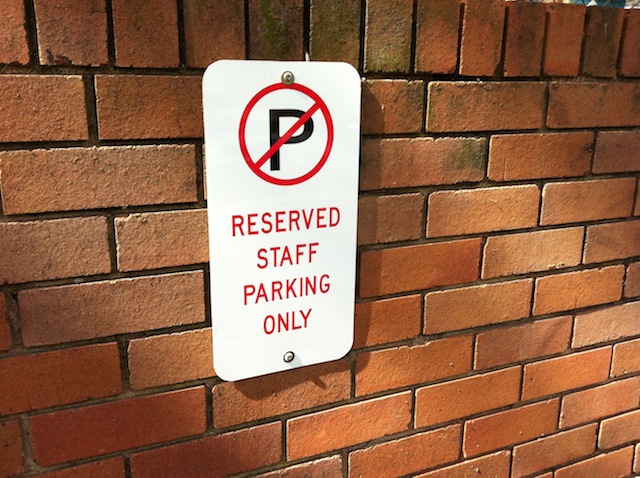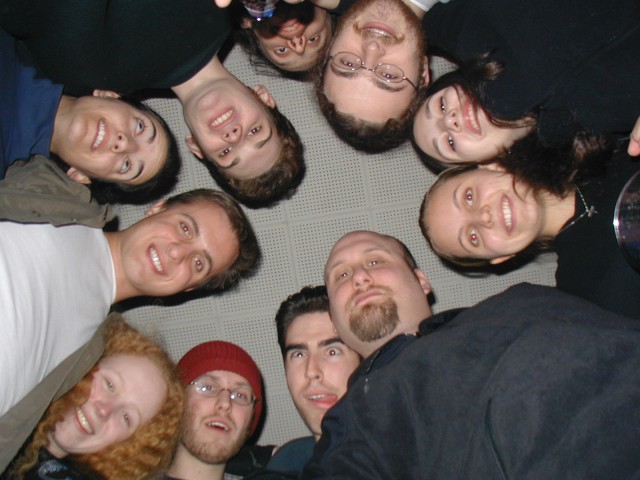“In a world where stupidity dominates, looking good is more important than being right,” writes Professor André Spicer of London’s City University in Aeon Magazine.
Spicer and his fellow author Mats Alvesson described their results of studying dozens of organisations for their book The Stupidity Paradox.
What they found is the smartest don’t get ahead in most organisations, but those who conform with the prevailing culture which usually sets a low bar.
We started out thinking it is likely to be the smartest who got ahead. But we discovered this wasn’t the case.
Organisations hire smart people, but then positively encourage them not to use their intelligence. Asking difficult questions or thinking in greater depth is seen as a dangerous waste. Talented employees quickly learn to use their significant intellectual gifts only in the most narrow and myopic ways.
The tragedy is these organisations squander the talent of those working for them. In many respects management is destroying value rather than adding to it.
Probably the most dangerous type of organisation though are those run by managers who want to be leaders.
They see their role as not just running their business but also transforming their followers. They talk about ‘vision’, ‘belief’ and ‘authenticity’ with great verve. All this sounds like our office buildings are brimming with would-be Nelson Mandelas. However, when you take a closer look at what these self-declared leaders spend their days doing, the story is quite different.
Spicer’s article is well worth a read, if only to nod in agreement with many of the organisations and managers you’ve had to deal with in the past.
It’s worth reflecting how organisations are changing in an information rich age. While it’s tempting to think better access to data will improve their collective intelligence, it may be that algorithms only further entrench poor management practices.




